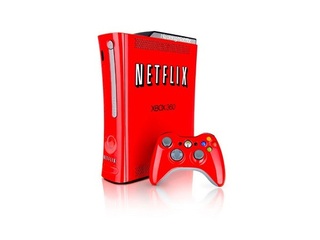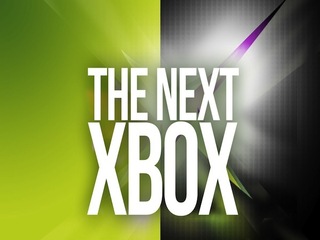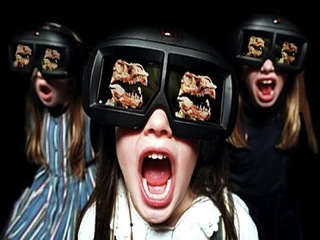Trump rescinds Biden executive order on artificial intelligence
The EO set AI safety and security standards and called for a report on AI's impact on labor
Read more...

Leap Motion, a San Francisco-based motion-control software company, is trying to change how people interact with their computers by using motion sensors and 3D technology for a full-body experience. The company announced Wednesday that it has just received a $12.75 million Series A round of funding led by Highland Capital Partners with participation from existing investors.
Last year, the stealth startup formally known as OcuSpec (I like the updated name) raised $1.3 million from Andreessen Horowitz, Founders Fund, SOSventures International and a number of angel investors.
This brings Leap Motion’s total funding to $14.55 million.
While the company was happy to announce its new, easier to spell and visualize, name and funding, it was mum on just what the product would be other than to taunt techies with the promise that the "3D motion control and motion sensing is completely unique from existing products, with tremendous implications across all aspects of computing and device interaction."
Many have guessed that it could be a next generation component that brings Kinect tech to other devices, but so far that is just rumors and buzz.
So the still very silent and stealth company founded in 2010 by Michael Buckwald and David Holz, is tightlipped but also currently looking for more companies members -- especially bright and ambitious C++ developers, Machine Learning/Vision/Graphics enthusiasts, UI/UX designers, and API gurus, according to their website.
Maybe now that they've received a respectable influx of cash, we'll be hearing soon what this mystery revolution is that they have been designing for two year.
The video game needs to change to stay relevant
If Leap Motion is working on a way to expand the motion and 3D offerings to the console gaming environment (or bring it to PCs) it might be the needed change for a market thats scrambling to stay relevant in a world where innovations every six months are expected, not every five years.
In a study we reported at the start of the year, the sales of video games were down sharply in January 2012, as games debuting last month failed to strike gamers' collective fancy.
The research from NPD Research Inc. found that retail sales of video-game hardware, software and accessories in the US tumbled 34% from a year earlier. January 2012 saw sales of $750.6 million in the US in these categories, while in January of the previous year sales were at $1.14 billion, with the sale of such high profile games as "Dead Space 2" and "Little Big Planet 2."
In January of last year, launches of new video games represented 13% of overall gaming sales, but the sales of new video game launches declined 99% this January, according to NPD. Sales from console and handheld gaming devices totaled $356 million in January, falling 38 percent compared to the same period a year earlier.
This isn't to say that there were no launches of new games. However the top 10 selling games of January 2012 was comprised entirely of titles that were released in 2011.
Since Microsoft isn't expected to release a new Xbox console until 2013 -- at the earliest -- Leap Motion could find great success and interest if it preempts this target date.
Many were expecting the next-level Xbox to debut this summer, but Sony reps have shot down those hopes soon after speculation started. Now the word is the that a new device will debut at the June 2013 E3 conference, according various published reports.
That could mean that there will be some serious reimagination in what an Xbox can be, since so much time and technology will have passed by mid-2013.
The EO set AI safety and security standards and called for a report on AI's impact on labor
Read more...The agency also published draft guidance on the use of AI in drug development
Read more...The biggest focus areas for AI investing are healthcare and biotech
Read more...



